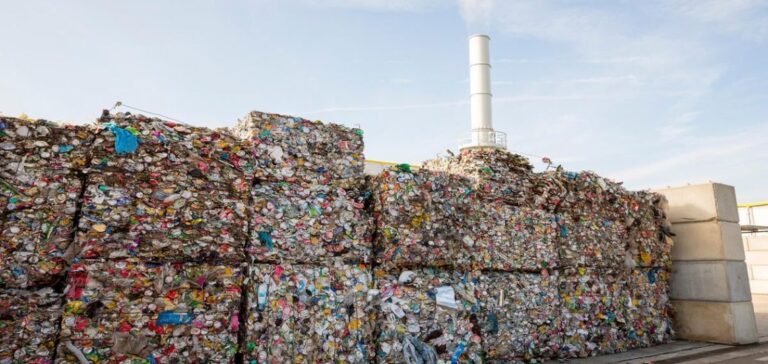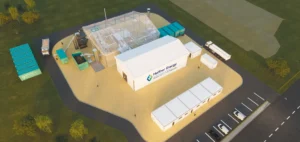On Réunion Island, a state-of-the-art waste-to-energy facility will soon divert approximately 240,000 tons of waste per year from landfills. The plant will generate electricity using Solid Recovered Fuels (SRF), derived directly from household waste, covering about 10% of local electricity needs. The overall cost of the project is estimated to be around €400 million. Full operational capacity of the facility is expected within two years.
Advanced Technology at the Heart of Waste Processing
The facility incorporates advanced sorting technology equipped with artificial intelligence. Eddy Lebon, the initiator of the project nearly a decade ago, emphasizes the strategic significance of an AI-powered optical sorter, which rapidly identifies recyclable materials through advanced camera systems. This sophisticated sorting process optimizes the conversion of waste into usable fuels, enhancing operational efficiency. Once fully operational, this multi-stream waste recovery hub will significantly reduce the island’s reliance on external energy sources, lowering emissions associated with imported fuels.
Energy Transition and Current Infrastructure
Currently, approximately 93% of La Réunion’s electricity comes from renewable energy sources, according to the regional Energy and Climate Agency, Énergies Réunion. EDF has already shifted from heavy fuel oil to biodiesel at its main power plant in the Port, which meets around 40% of the island’s electricity demand. Meanwhile, the private electricity producer Albioma converted its two thermal power plants to biomass sources, also representing 40% of total electricity consumption.
However, the island continues to rely heavily on imported energy, notably importing around 750,000 tons of wood pellets annually, primarily from North America, Europe, and the Indo-Pacific region. To address this dependency, and in alignment with France’s Multiannual Energy Programming (PPE), which mandates full energy autonomy by 2030 for overseas territories, Albioma is developing its own local SRF production unit. Located in the north of the island, the facility will produce approximately 56% locally sourced energy by 2028, in line with PPE goals.
Alternative Energy Initiatives and Challenges
Parallel initiatives in photovoltaic solar energy, wind, and biogas currently contribute 9.5%, 0.5%, and 0.5%, respectively, to the island’s electricity production. Despite ongoing developments, the regional energy agency emphasizes significant delays in the deployment of these alternative projects. These timelines reflect infrastructural complexities inherent in scaling up renewable energy production.
Meeting the ambitious PPE targets requires rapid and efficient implementation of these planned projects, positioning La Réunion closer to total energy autonomy within the next decade.






















